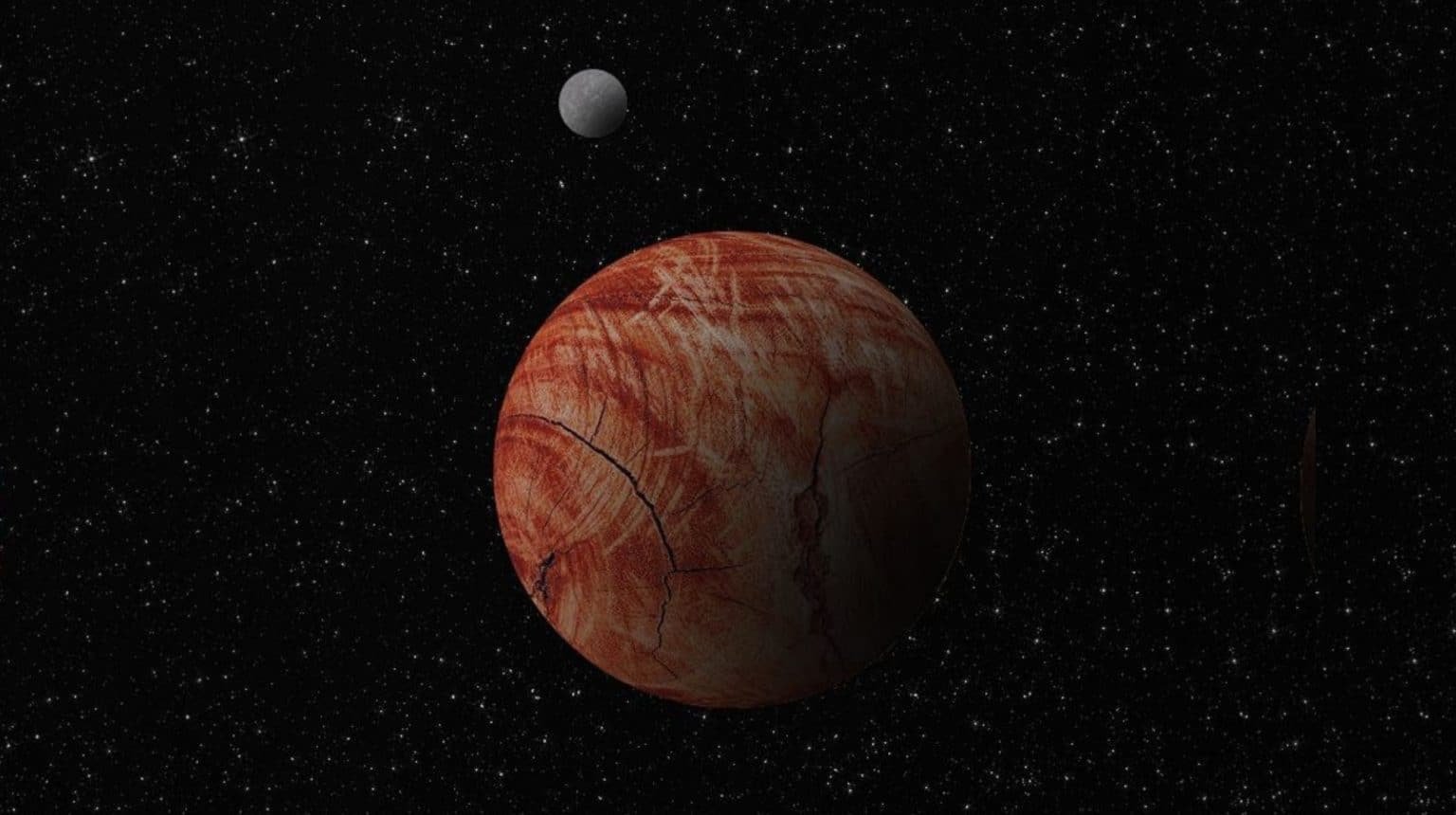
Once again, scientists have detected phosphine in the atmosphere of Venus, a molecule that could potentially indicate the presence of life. This remarkable finding, unveiled at the National Astronomy Meeting 2023 of the Royal Astronomical Society in Cardiff, Wales, has reignited the debate about the possibility of life on our neighboring planet.
Phosphine, an inflammable gas that is not commonly found in Earth’s atmosphere, is known to be generated by certain bacteria on our planet and is considered a potential biosignature for life on other celestial bodies.
To examine Venus’ atmosphere, the team of scientists employed the James Clark Maxwell Telescope (JCMT) at the Mauna Kea Observatory in Hawaii. Their investigation revealed phosphine levels in the planet’s clouds that far exceed what non-biological processes could produce.
Jane Greaves, one of the study’s lead authors and a professor of astrophysics at Cardiff University, expressed her excitement at the discovery of phosphine in Venus’ atmosphere. She suggested that it could imply the presence of life or, at the very least, unusual chemical reactions occurring on the planet.
However, scientists caution that the identification of phosphine alone does not provide conclusive evidence of extraterrestrial life. There is a possibility that an unknown non-biological mechanism is responsible for the production of phosphine.
Greaves emphasized the need for further research to determine the origin of the molecule. Nevertheless, she regarded this discovery as highly encouraging, instilling hope that humanity may not be alone in the vast universe.
The detection of phosphine in Venus’ atmosphere marks a significant development that has the potential to revolutionize our understanding of the planet. If it is indeed proven that life is accountable for producing phosphine, it would signify the existence of another life-supporting planet within our own solar system.
